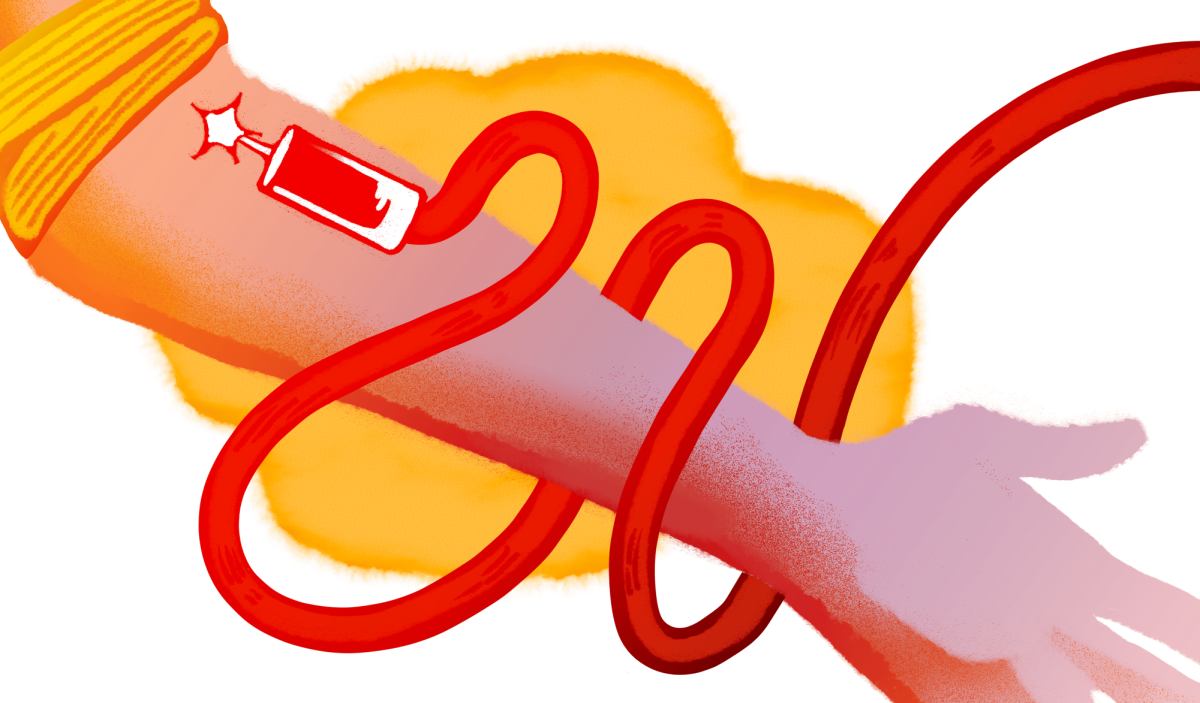Amidst wakes of reproductive rights being stripped away across the nation, birth control has been approved for over-the-counter sale, signaling a step forward for reproductive health equity.
Opill, a progestin only birth control pill, was approved on July 13 by the Food and Drug Administration in a unanimous decision by the review committee to be available without a prescription as soon as early 2024.
“I think it’s a huge stride forward for women’s reproductive rights considering the current political climate,” said Emma Gilmore, a third-year biohealth sciences student with a pre-med option at Oregon State University.
Last year, the Supreme Court ruled to overturn the Roe v. Wade decision that gave protection to abortion rights. Abortion has since been tied to contraception, carrying with it the political baggage.
“I think it’s kind of a little bit of the light at the end of the tunnel that Roe v. Wade was overturned,” Gilmore said. “People were shocked, people were scared, and maybe that got the ball kind of rolling.”
Marie Harvey, associate dean of research in OSU’s college of health, agrees that despite the good this kind of access provides, some of the reason the pill has taken this long to be approved for over the counter sale is at least partially political. Especially given that it has been available over-the-counter in over 100 other countries worldwide already.
“From my perspective, the significance of this pill coming over the counter cannot be understated,” Harvey said. “I mean, my hope is that it will help access issues and it will help women who really need it so that we can actually prevent, uh, unattended pregnancies and prevent the need for abortion.”.
According to the FDA, nearly half of the 6.1 million pregnancies each year in the US are unintended, which have been linked to negative health outcomes for both the infant and the mother.
Havey said that access is an extremely important issue in contraceptive care that often falls disproportionately on rural communities, those with English not as their first language, as well as racial and ethnic communities.
“There’s discrimination and stigma for some groups about getting contraception, in particular if you do not want anybody to know you’re sexually active,” Harvey said. “I could go on, you could see the issues. I mean, they’re huge and if a woman could just get the pill from over the counter or I also think this might be online … which to me is really important too.”
According to Opill’s website, the pill is set to be available online and in most major retailers. This is where Harvey sees the biggest possibility in increasing access despite the politics of areas where contraception may be looked down upon.
Harvey also hopes that this new kind of access gives those who have misinformation about the pill’s safety and side effects more at ease knowing that it is safe and effective enough to be sold this way.
While a major barrier – a prescription and the associated doctors visits and fees that come with that – has been removed from the equation another still exists that no one can answer yet, price.
Although Opill’s parent company Perrigo has not released the price of the pill and the pill’s coverage under some insurances is still unknown, Harvey recalled a study that looked at the acceptability of the pill and a possible idea of the maximum price people would be willing to pay.
The survey found that a majority of those surveyed were in favor of the pill being available over the counter and among those who were likely to use over-the-counter options were willing to pay an average of $20.
“If it’s real expensive it’s not gonna provide the access we’re talking about,” Harvey said.
Another concern some have is that this availability will de-incentivize people to visit the doctor which can provide care beyond just prescriptions.
“It is important for people to continue visiting their health care provider for routine reproductive and sexual health care, such as cervical cancer screening,” said Jessica Gorman, associate professor in health promotion and health behavior at OSU.
Gilmore’s concern, similar to Gorman’s in hoping people will still seek professional advice, is that at the end of the day this is a hormone with no age limit restrictions on sale.
“It is a hormone and there are side effects,” Gilmore said. “I also understand that menstruation starts at different times for different individuals.”
However, Gorman, Harvey and Gilmore agree that the benefit is still great especially for those who do not have health insurance which Harvey notes is many.
Regardless of the concerns and possible unintended reverberations, this is a positive step forward.
“It’s huge that after 50 years of usage of the contraceptive pill and decades of science supporting the safety and efficacy, we now have the FDA able to recognize, be able to make this over-the-counter pill available,” Harvey said.












